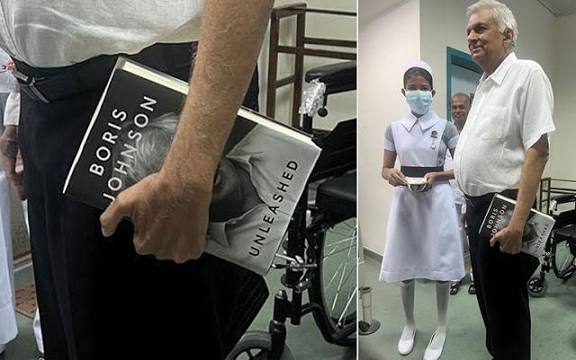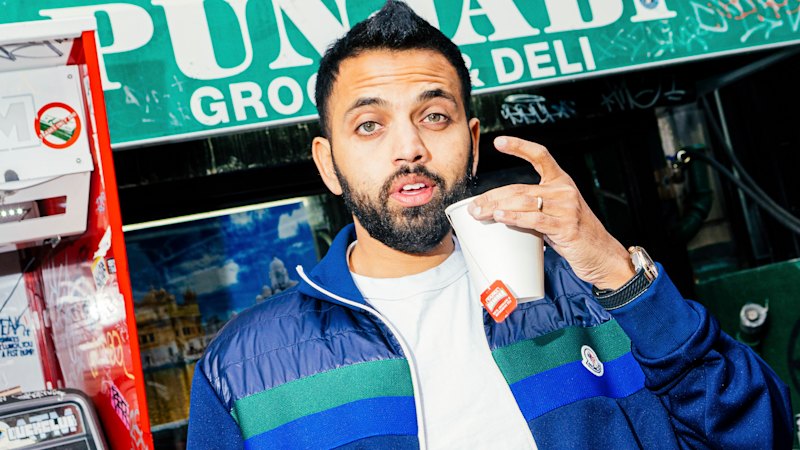
Colombo Fort Magistrate’s Court was the scene of intense legal debate on October 29 as discussions unfolded regarding the health condition of former President Ranil Wickremesinghe and the alleged misuse of over Rs. 16 million in public funds during his visit to the United Kingdom. The hearing delved into the authenticity of medical reports and the nature of Wickremesinghe’s trip, raising questions about judicial processes and accountability.
Deputy Solicitor General Dilip Peiris presented a medical report from six doctors, indicating that Wickremesinghe suffered from a blocked artery and received treatment in the Intensive Care Unit (ICU) of the National Hospital in Colombo. Peiris questioned the legitimacy of the report, suggesting it was submitted without a judicial order, potentially due to defense influence.
Discrepancies in Medical Reports
Peiris criticized the former President’s behavior during his remand period, pointing out inconsistencies in the medical narrative. He stated,
“My Lord, on the previous date, President’s Counsel Anuja Premaratne told court that his client’s condition had worsened and that he was admitted to the ICU. Normally, patients discharged from ICU are sent to a general ward. But this suspect was released from hospital the very next day — smiling, taking selfies with doctors. Which ICU in the world has a patient reading Boris Johnson’s books while supposedly in critical condition?”
Peiris also noted that Wickremesinghe was allegedly making phone calls while hospitalized, questioning the severity of his condition.
The Magistrate inquired if the prosecution sought to cancel bail. Peiris responded by expressing concerns over the accuracy of the medical reports and requested a reconsideration of the bail order.
Defense Arguments and Judicial Response
Representing Wickremesinghe, President’s Counsel Tilak Marapana argued that the case hinges on whether the UK trip was official or private. He explained,
“Since the investigation has not yet clarified that, the focus has shifted toward attacking these medical reports.”
Marapana defended the medical necessity of Wickremesinghe’s ICU admission, stating it was due to his inability to eat or drink, not a terminal illness.
Magistrate Isuru Netthikumara questioned the defense about previous claims regarding Wickremesinghe’s health, to which Marapana confirmed the existence of an artery blockage, albeit managed since 2017.
After reviewing submissions, Magistrate Netthikumara upheld the previous bail decision, citing satisfactory medical reports. However, he acknowledged the need for clarity on the medical reports’ authenticity, suggesting that the doctors involved might need to provide further explanations.
Implications and Next Steps
The Magistrate directed the Criminal Investigation Department (CID) to investigate related issues, emphasizing the absence of the then Presidential Secretary as a suspect, which complicates the court’s proceedings. He stressed the importance of determining the nature of Wickremesinghe’s UK visit, urging the completion of the inquiry before the next hearing scheduled for January 28, 2026.
The case underscores the complexities of legal proceedings involving high-profile figures and the scrutiny of public fund usage. As the investigation continues, the court’s directives aim to ensure transparency and accountability, with potential implications for future governance and judicial practices in Sri Lanka.







